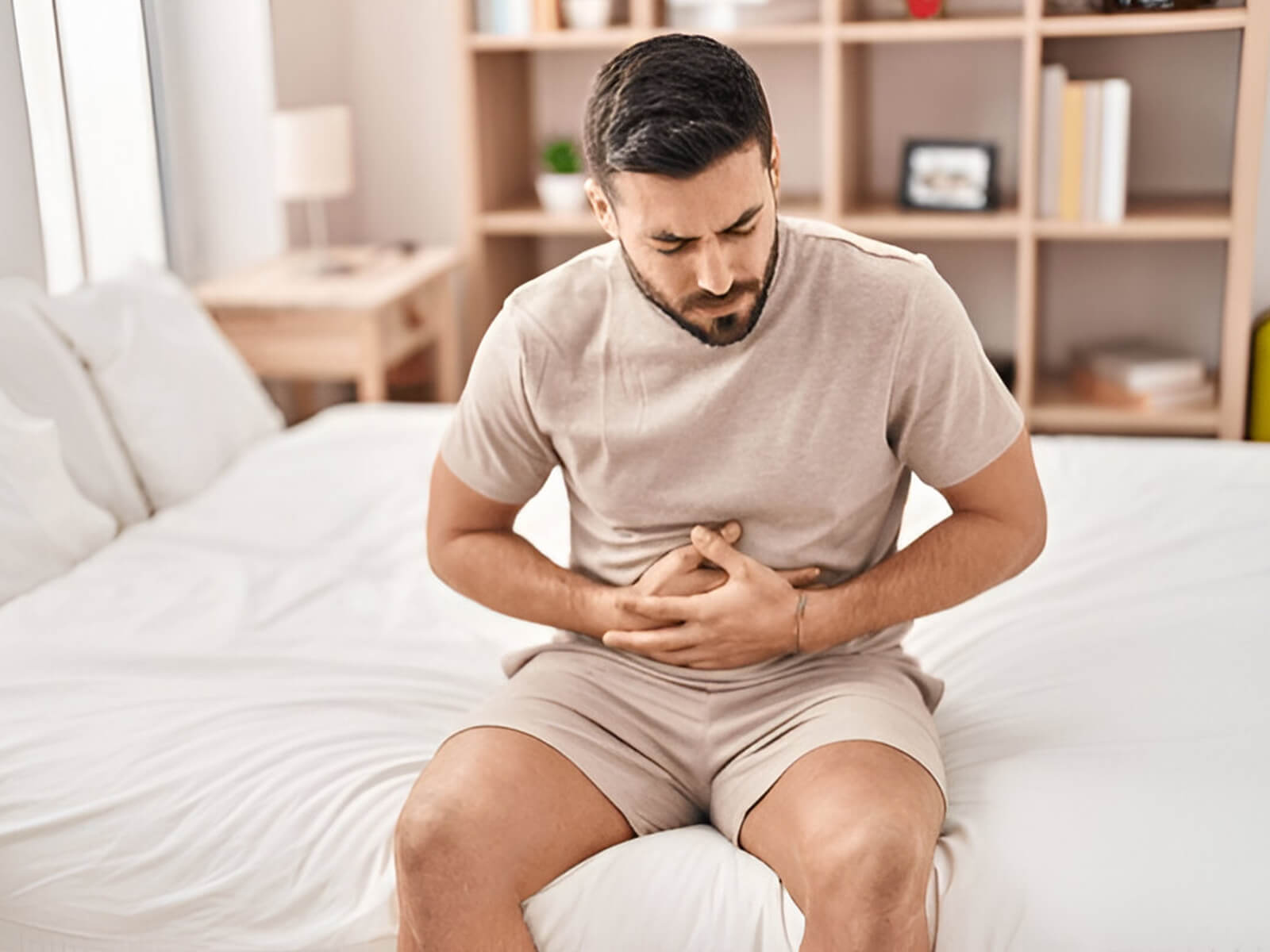
Hyperplastic polyps are benign, neoplasias or tumors which occur and develop in the form of small masses on the mucous membrane of your colon, stomach or small intestine. They are normally incidentally identified during the routine endoscopic examinations. Such bumps are harmless and they rarely turn into cancer, however, the doctors are bound to take them out and expose them to biopsy in order to do away with other serious illnesses.
A high number of people with hyperplastic polyps do not experience the symptoms. The symptoms may be experienced and may include:
Not all that concerns hyperplastic polyps always wants to make everything clear and there can be several causes that will make you very likely:
In Houston, the GastroDoxs may be an example of where professional polyp detection/removal is coupled with treatment of patients with care. We have board-certified GI specialists who perform modern and least invasive techniques of painless accurate colonoscopies and endoscopies. We are sure we can make your digestive system healthy and your mind relaxed under the auspices of specifics on how to prevent it, follow-up, and change of the lifestyle. Houston! Appointment Texas-Book!
We've successfully treated more than 48K patients, helping individuals improve their digestive health and overall well-being through expert, personalized care.
With over 20 years of experience, GastroDoxs has been a trusted provider of gastroenterology care, focusing on delivering the best outcomes for patients
The benign tumor of the colon or stomach mucous membrane which can be revealed by the regular colonoscopy or endoscopy.
No. Hyperplastic polyps are generally non-cancerous and can only become cancerous on a highly unlikely event though, excised and examined as a precautionary measure.
They tend to be observed when they observe inside of the colon or upper end of the esophagus. This is further verified by a tiny piece of tissues (biopsy) to determine the kind of polyp.
Tubular adenoma may in the long run be transformed into cancerous structures but conversely, hyperplastic polyps are non-hazardous and they do not pose a serious threat.
Codes D12.0-D12.9 differ according to the specific site of the polyp of the colon or rectum.
Generally, it is advised that polyps need a follow up after every 5 to 10 years in terms of the number, size, and the localization of the polyps.
Yes. They can be located in the lining of the stomach and can be diagnosed in an upper endoscopy examination.
They can but they are mostly found in the colon. Small intestine polyps are less frequent but the presence has not been experienced.
No. They are not harmful, although it is advisable to ensure that they are removed as they should ensure that their digest system is at its best besides carrying out procedures on them at some point in time.
See an appointment when over 50 years of age and have rectal bleeding or a change of the bowel or the family history of polyps or colon cancer.